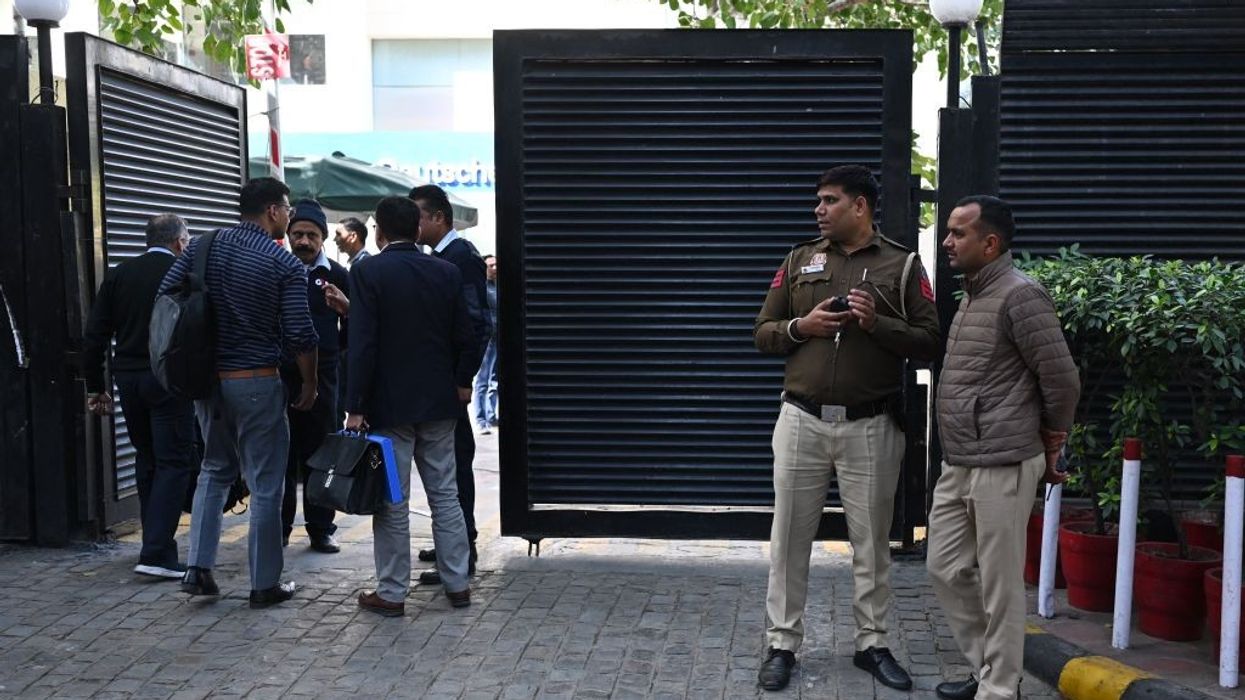The Income Tax department's 'survey' at the BBC office here continued for the third straight day on Thursday (16) as officials gathered financial data from select staffers and made copies of electronic and paper data of the news organisation.
The operation that began at the BBC offices in Delhi and Mumbai around 11:30 am on Tuesday (14) has clocked more than 45 hours now, officials said.
The survey is going on, they said.
Authorities had said on Wednesday (15) that the exercise would continue for some more time, saying the "exact time frame to call the operation closed rests entirely on the teams on the ground".
The survey is being carried out to investigate issues related to international taxation and transfer pricing of BBC subsidiary companies, officials have said.
The survey teams are seeking answers on financial transactions, the company structure and other details about the news company, and are copying data from electronic gadgets as part of their task of collecting the evidence, tax officials had said.
Opposition parties have denounced the I-T department action against the London-headquartered public broadcaster, terming it "political vendetta".
On Tuesday, the ruling BJP had accused the BBC of "venomous reporting" while the Opposition had questioned the timing of the action that came weeks after the broadcaster aired a two-part documentary India: The Modi Question on prime minister Narendra Modi and the 2002 Gujarat riots.
While there has been no official statement from the Income Tax department on the action, the BBC has said it was cooperating with the authorities.
A BBC staffer in Delhi said they were broadcasting their news like usual.
The Supreme Court last week dismissed a plea seeking the imposition of a complete ban on the BBC in India in the wake of the controversial documentary, terming the petition "entirely misconceived" and "absolutely meritless".
Another set of petitions challenging the government's decision to block the documentary's access on social media platforms will be heard in April.
On January 21, the government had issued directions to block multiple YouTube videos and Twitter posts sharing links to the documentary. '
(PTI)





